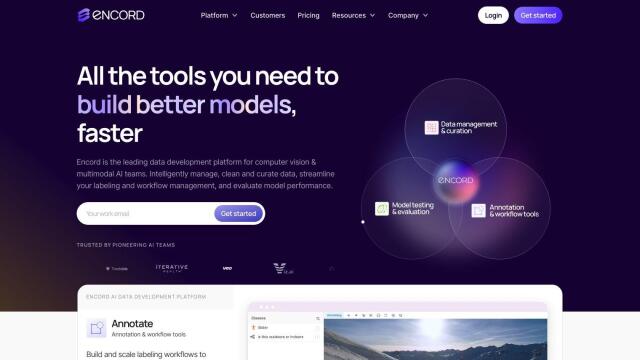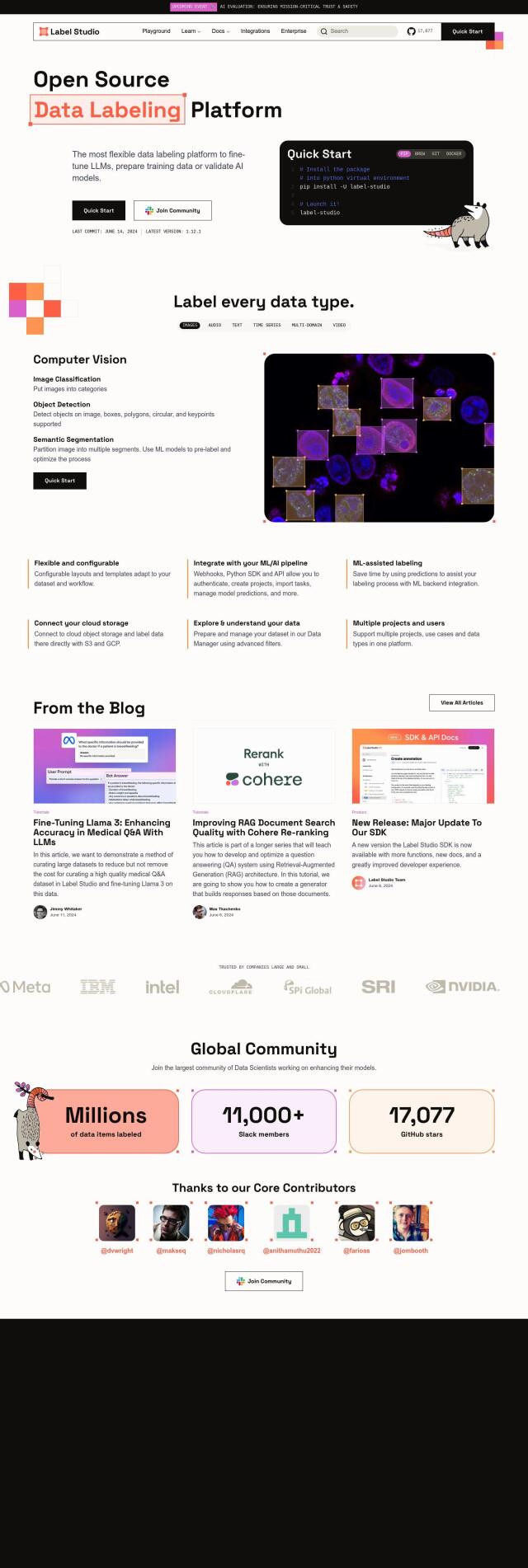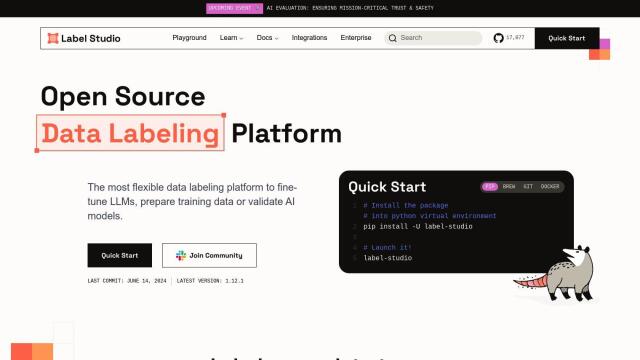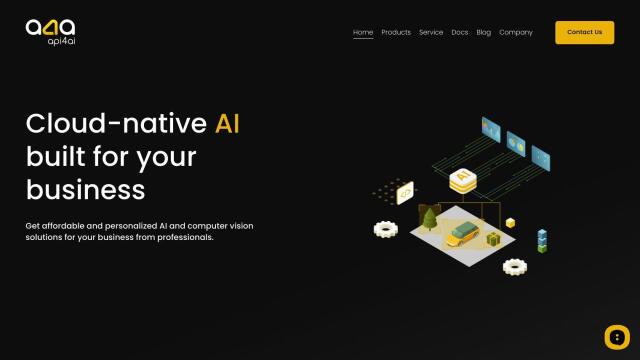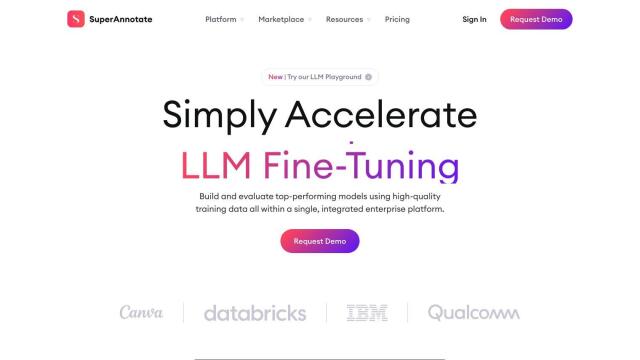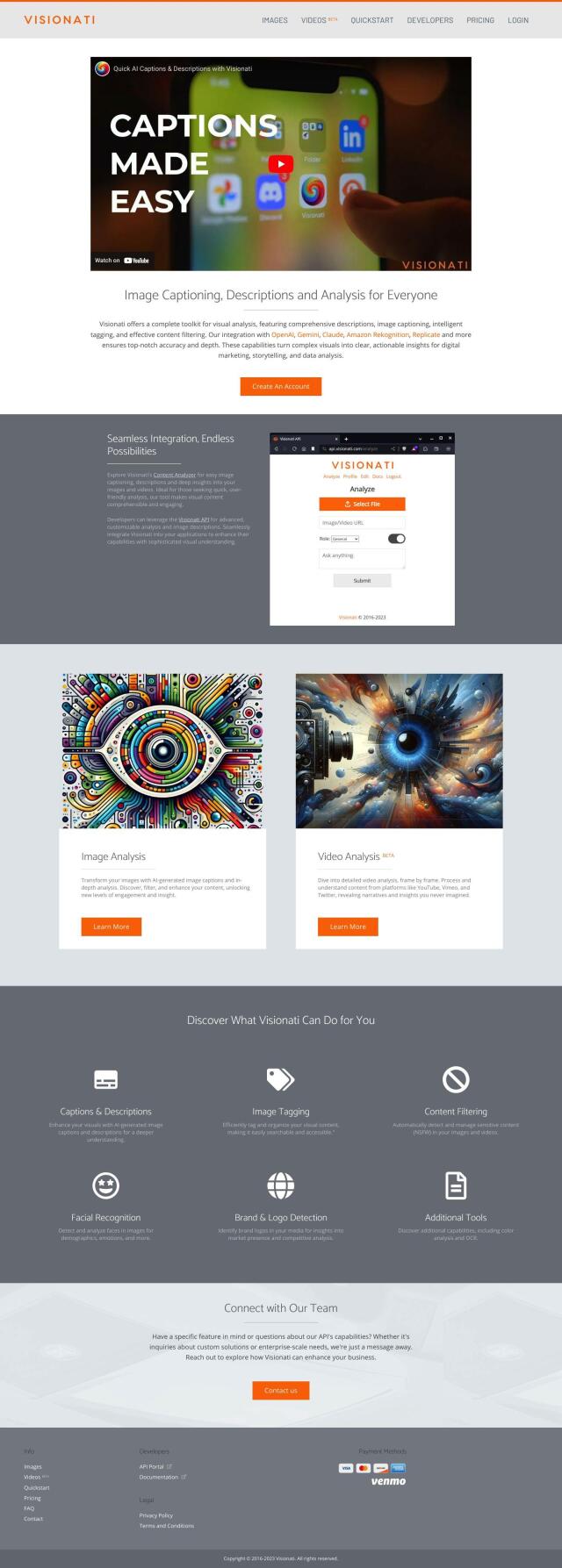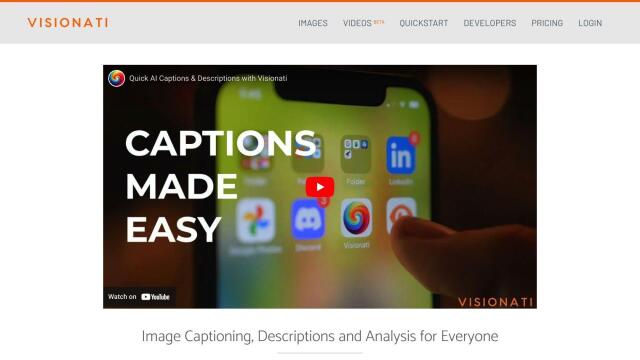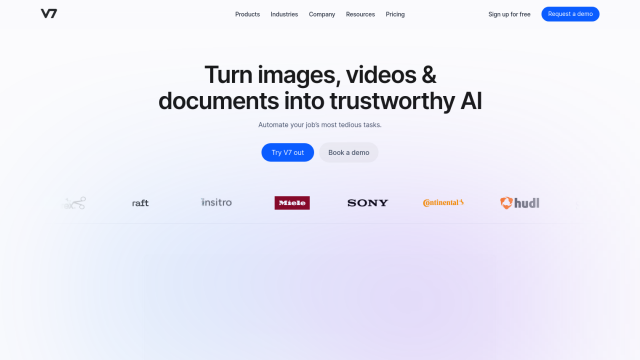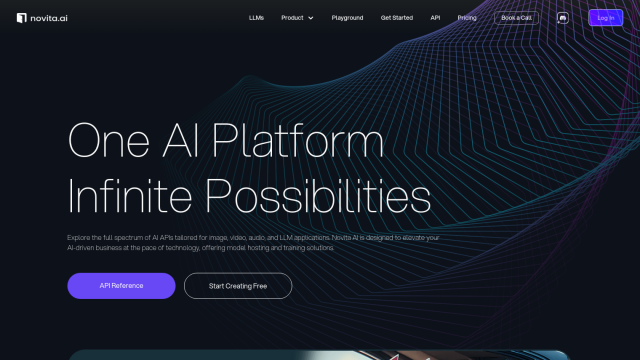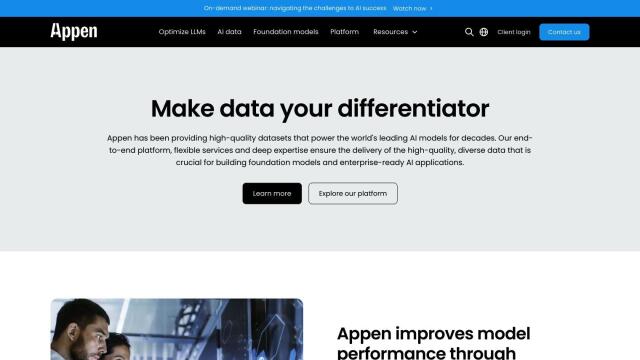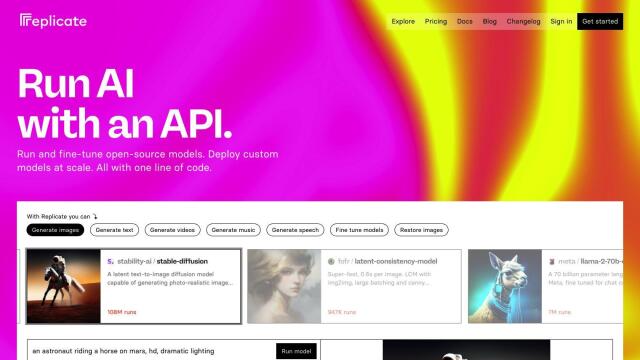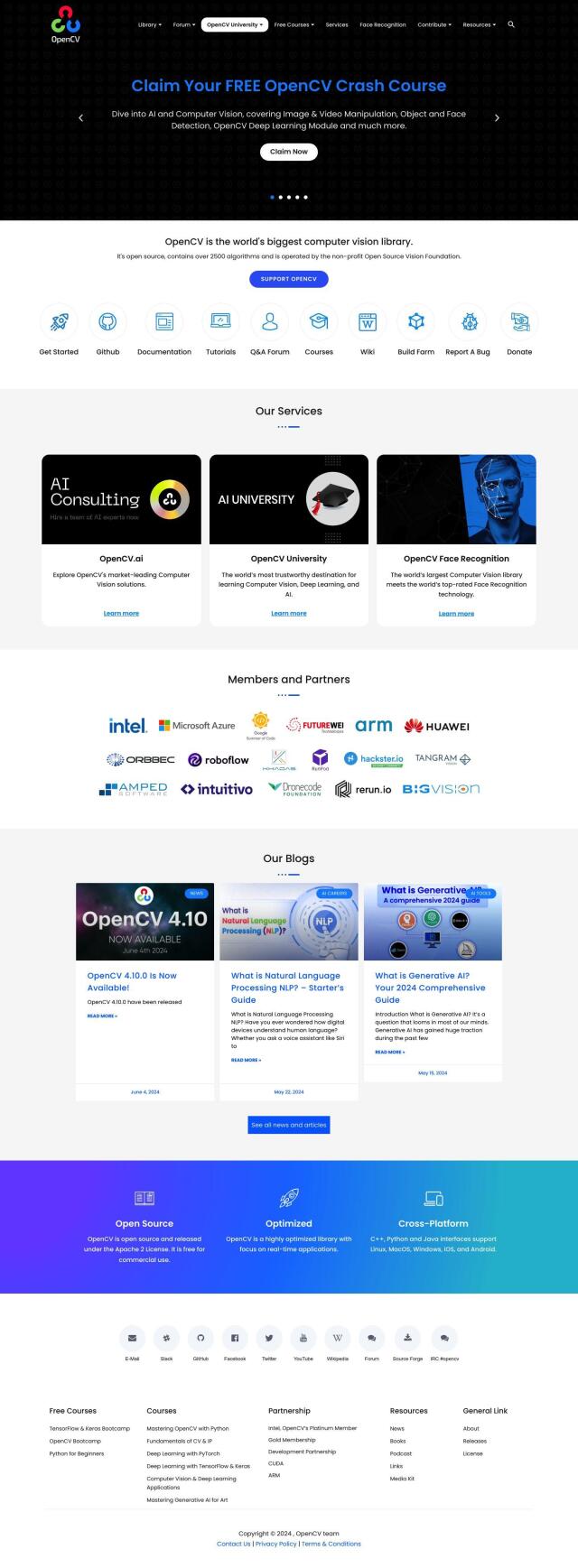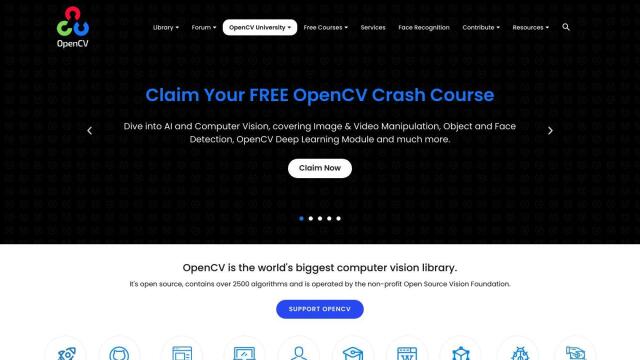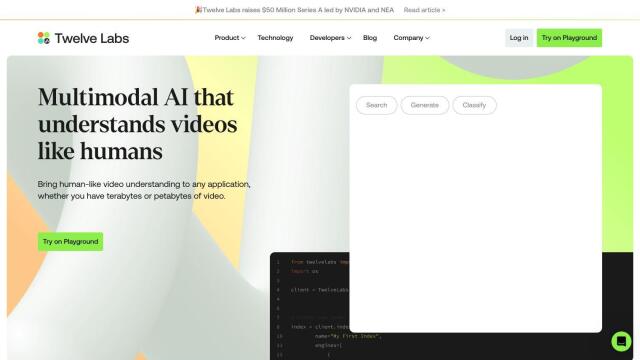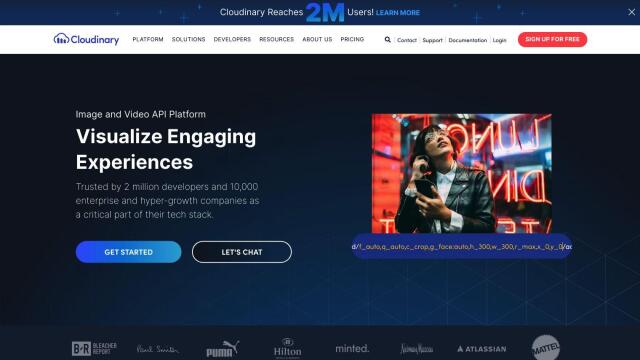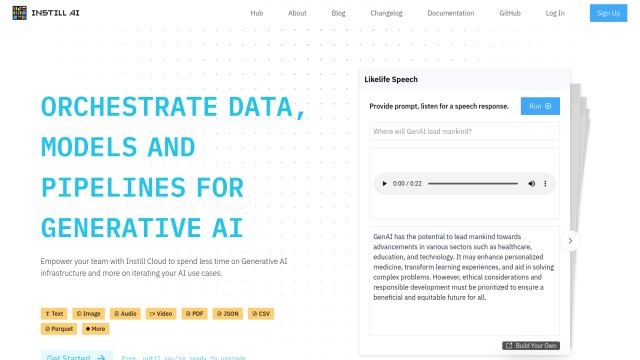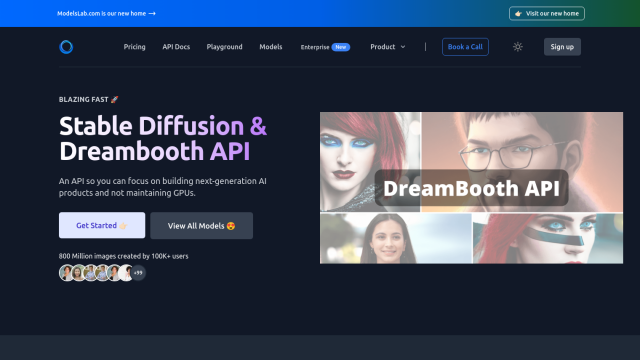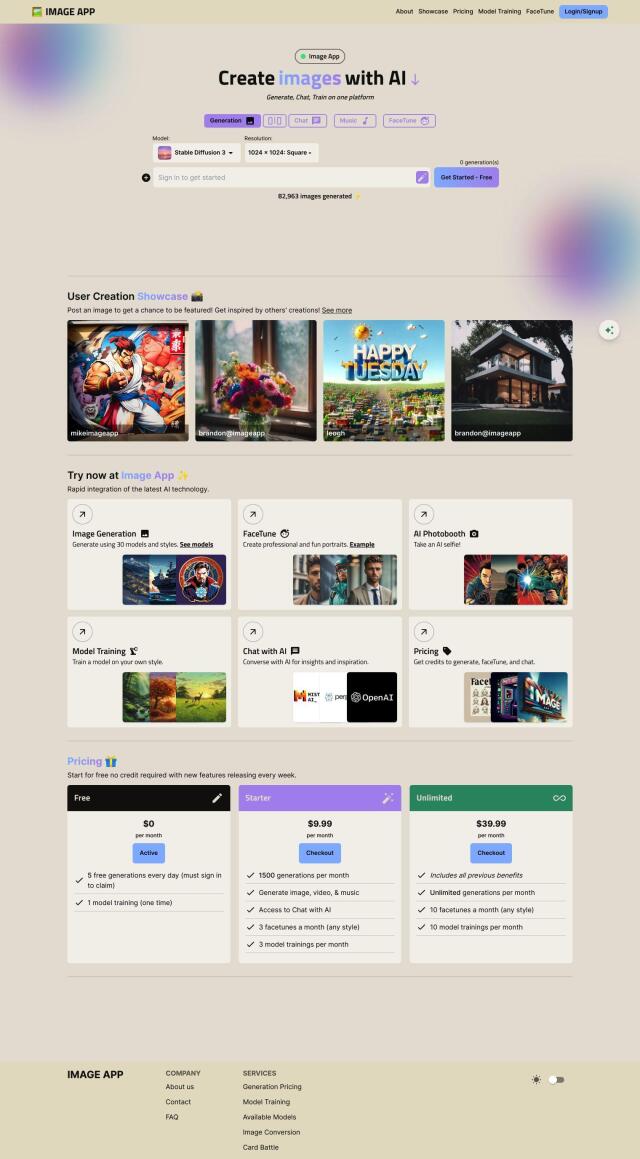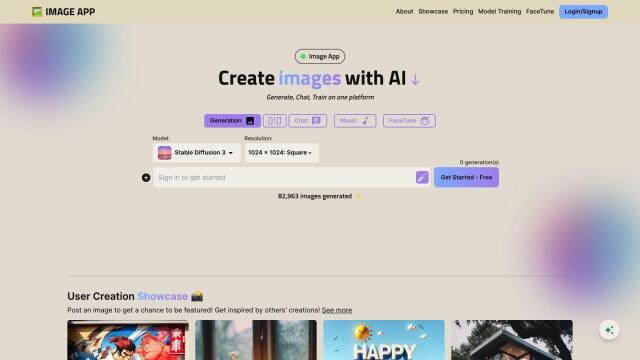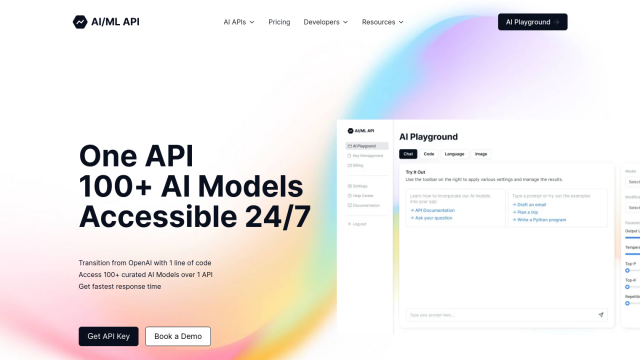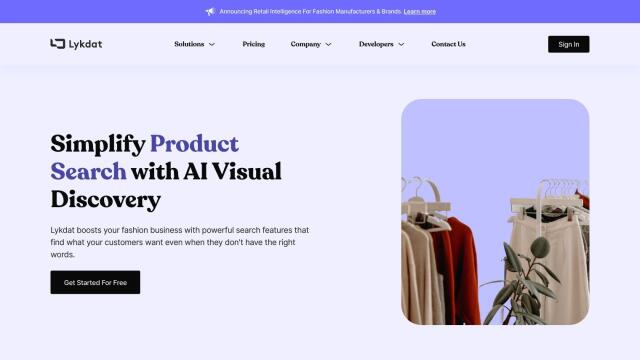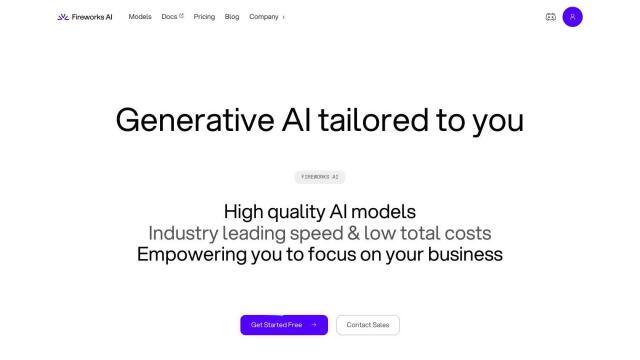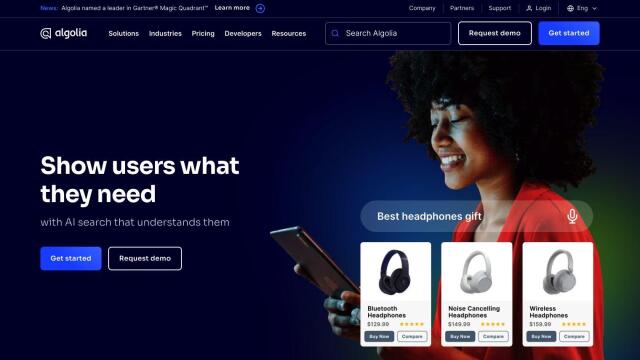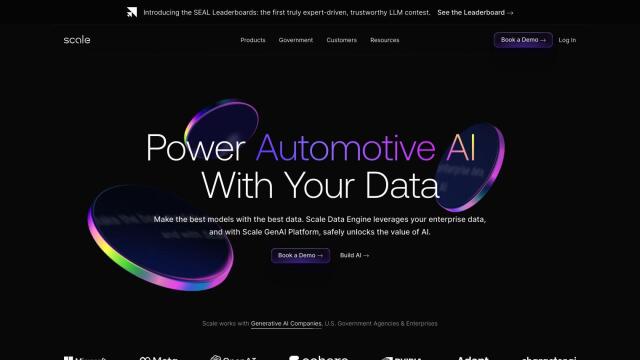Question: Can you recommend an image recognition API that allows me to train my own models for custom categorization and labeling?
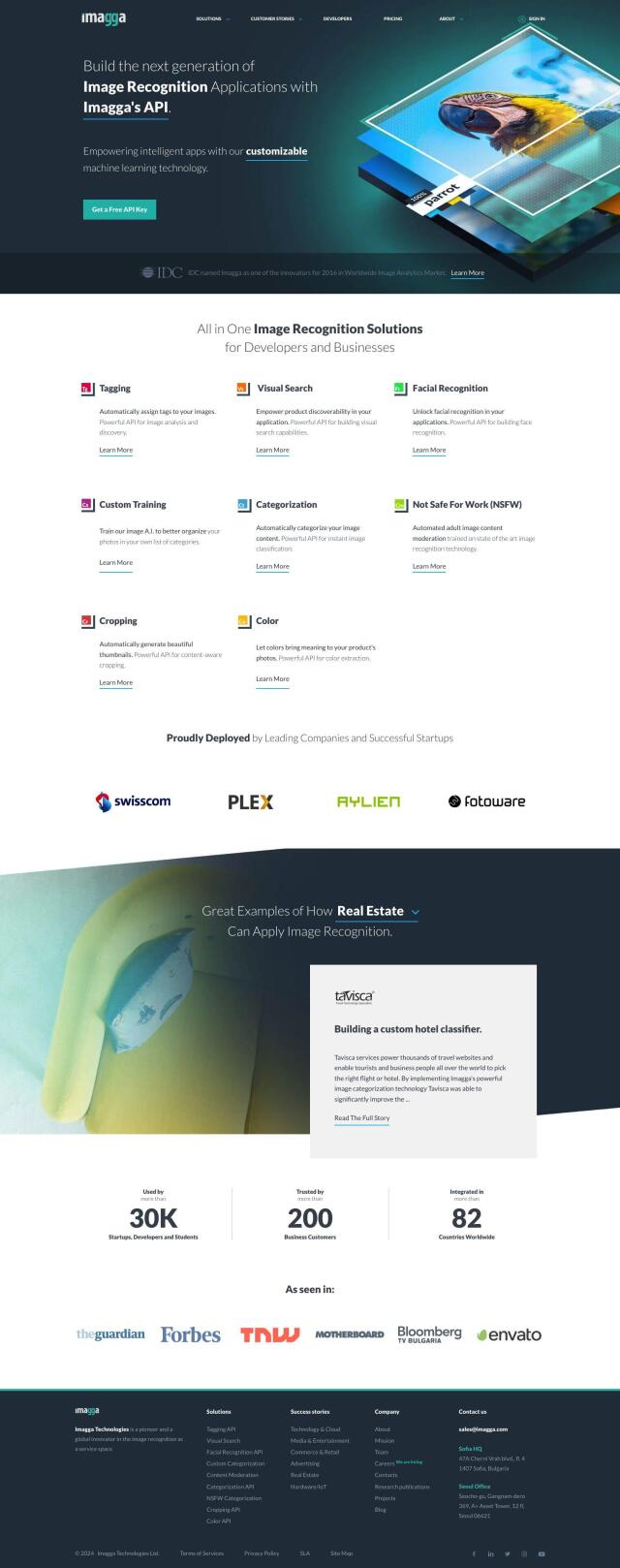
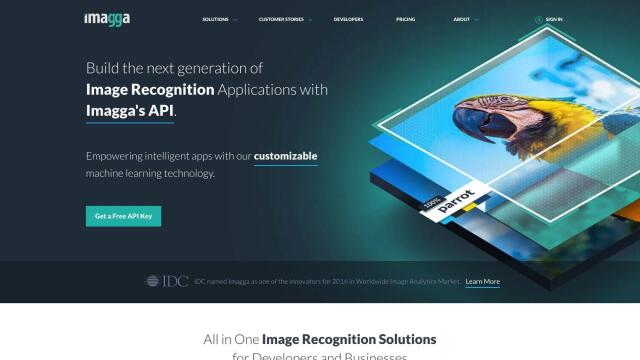
Imagga
If you want an image recognition API that lets you train your own models for your own categories and labels, Imagga is a good option. Imagga has a range of features, including image tagging, visual search, facial recognition and content moderation. It also has customizable machine learning technology for creating custom categories and can automatically categorize images. The API is billed by the number of requests, with tiered pricing to match different usage levels, and offers multiple integration options.

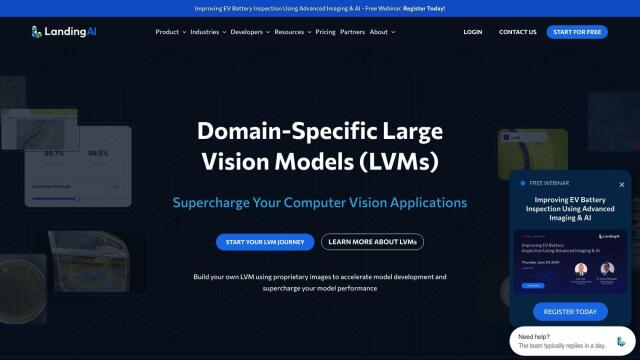
LandingLens
Another option is LandingLens, a cloud-based computer vision service that uses domain-specific Large Vision Models (LVMs) to tackle a variety of industry problems. LandingLens lets you create and train your own LVMs using your own imagery, and it offers features like image labeling, continuous learning and automatic mislabeled image detection. It also offers flexible deployment options and can run on cloud and edge devices.

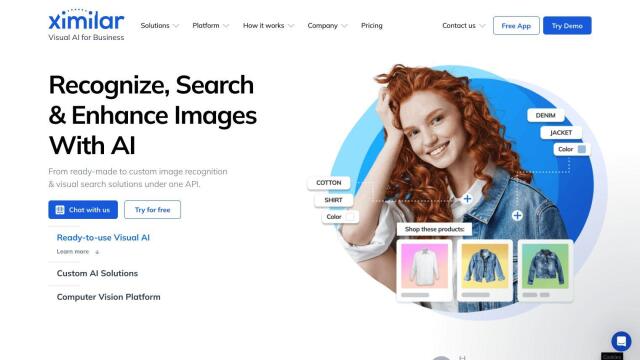
Ximilar
For a more customized approach, Ximilar offers a powerful image recognition API with AI-powered tagging, description, sorting and visual search. It also lets you create your own models, which can be embedded into your own systems, and includes tools for managing collections and data. The service is geared for e-commerce, fashion, real estate and other areas, so it's a good choice if you want to automate image processing tasks.

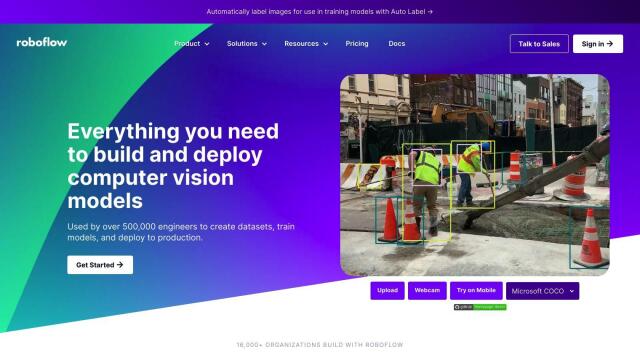
Roboflow
Last, Roboflow offers an all-in-one service for training and deploying computer vision models. It offers automated annotation tools, AI-assisted labeling and access to more than 50,000 pre-trained models. With integration tools for TensorFlow, PyTorch and cloud services like AWS and Azure, Roboflow is good for developers and enterprises that want to make their computer vision projects easier.

